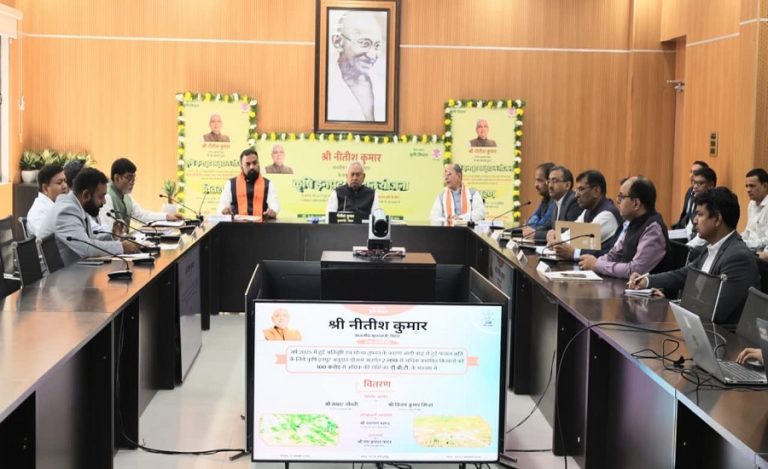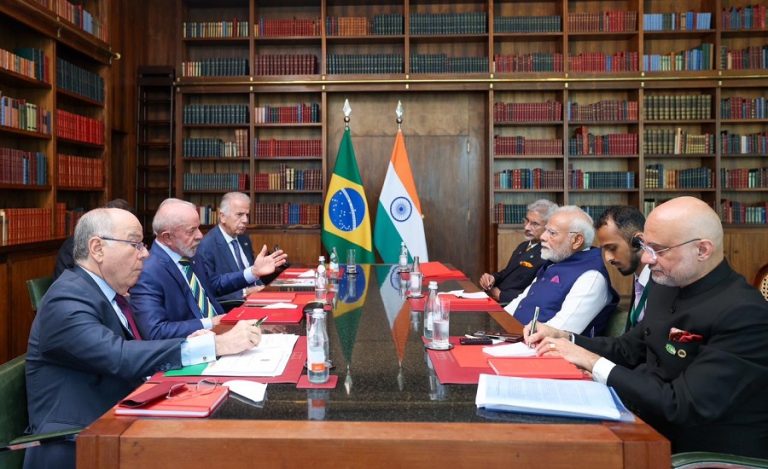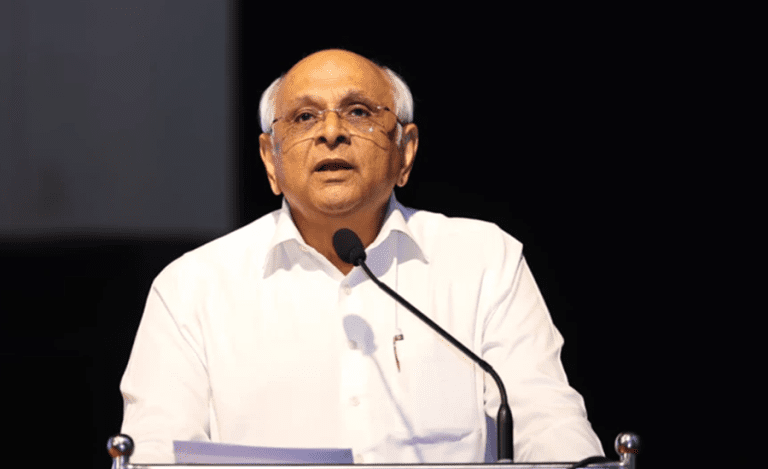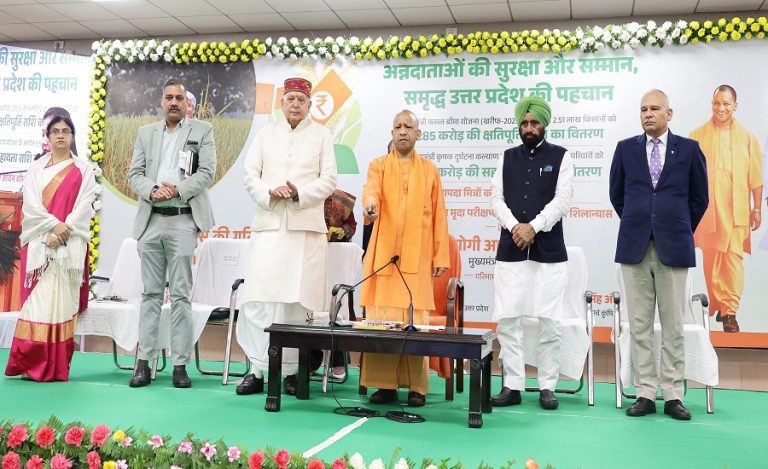New Delhi: State-owned engineering and infrastructure firm RITES Ltd. has received a Letter of Award (LoA) from Cochin International Airport Limited (CIAL) for the construction of a Regulator cum Bridge (RCB) across Chengalthodu at Chengal, Kanjoor Panchayath, located near the airport. The project will be executed on a turnkey basis from concept to commissioning under a cost-plus-fee model.
Project Scope and Timeline
The project involves the complete design, engineering, construction, and commissioning of the RCB, ensuring seamless integration with the surrounding infrastructure. The contract is valued at Rs. 52 crore (excluding GST), which also includes Project Management Consultancy (PMC) fees.
The execution period for the project is 24 months, during which RITES will handle all aspects of planning, design, and construction to deliver a fully operational regulator cum bridge that meets safety and regulatory standards.
Read also: RITES Q2FY26 Results: Profit Jumps 32% YoY to ₹109 Crore, Order Book Hits Record ₹9,090 Crore
Strategic Importance
The RCB project is expected to enhance water regulation and transportation infrastructure near Cochin International Airport, improving local connectivity and flood management. This project aligns with RITES’ commitment to delivering high-quality civil and transport infrastructure projects across India.
Market Response
Following the announcement, RITES Ltd shares closed at Rs. 248.66, up 0.36%, reflecting investor confidence in the company’s consistent execution capabilities and growth in infrastructure projects.
About RITES
RITES Limited, a Navratna public sector enterprise under the Ministry of Railways, is one of India’s leading transport infrastructure consultancy and engineering companies. With operations spanning consultancy, exports, turnkey projects, and leasing, RITES plays a key role in supporting India’s infrastructure growth. Backed by a record order book of ₹9,090 crore and strong profitability, the company continues to drive efficient, quality-focused project execution through its ‘Operation Tattva’ initiative.




























